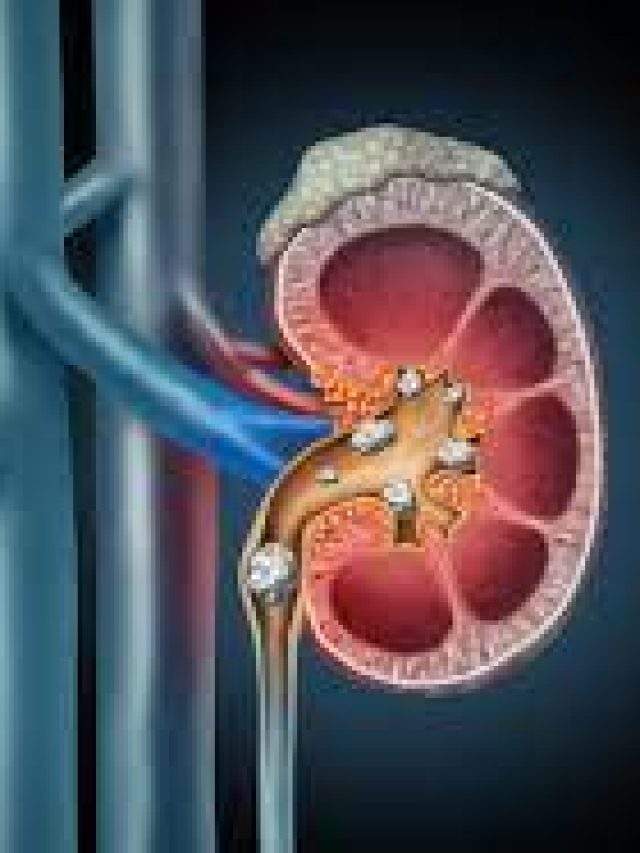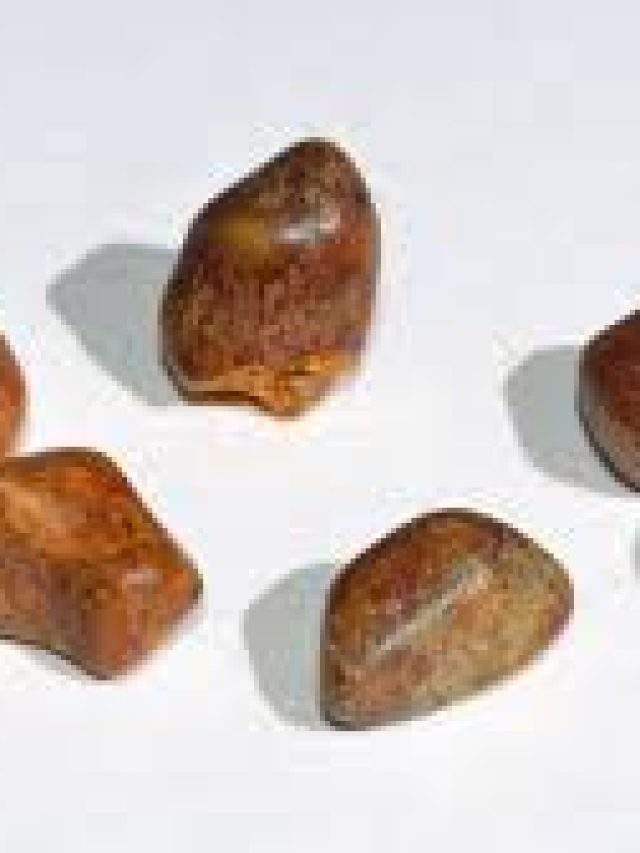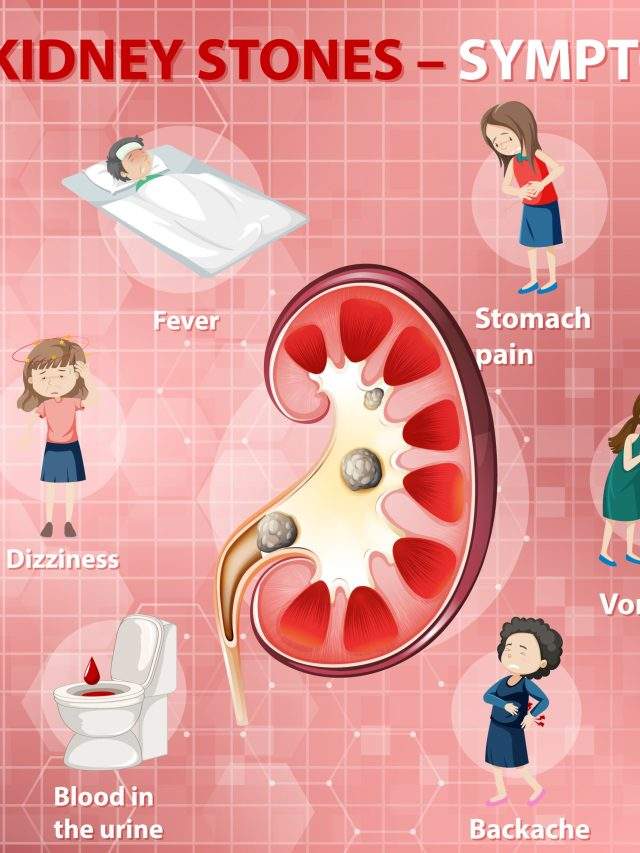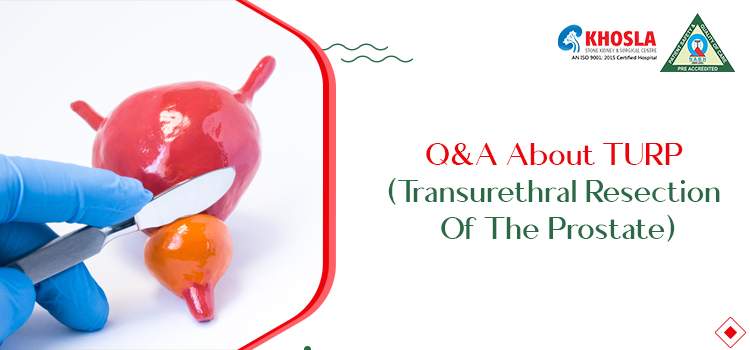![]()
TURP (Transurethral resection of the prostate)
Are you thinking of undergoing a TURP Surgery in Ludhiana?
If yes, then you must read this blog to gather all the essential information about it, as the best urologist in Ludhiana is answering some of the most burning questions of all time regarding it.
How To Prepare For Your TURP Surgery?
After you select the best kidney hospital for your surgery, they will provide you with a choice of dates to proceed with the treatment. You would have to attend the pre-anesthesia assessment. In this procedure, the doctors would assess whether or not you are suitable for the surgery under the influence of Anastasia.
Apart from that, the doctor would also ask you to undertake the significant cardiologist fitness and surgical profile for surgery.
You can carry on to take all medicines until and unless your doctor has specifically mentioned otherwise.
Please Note: Khosla Hospital also provides other surgeries, including PCNL Surgery in Punjab, apart from TURP (Transurethral resection of the prostate).
Is TURP Painful?
Generally, you might only experience a mild burning sensation, making it a little uncomfortable to pass urine at first. The reason behind such discomfort is the swelling of the urethra and the soreness from the surgery. It is a normal phenomenon, and there is nothing to worry about; within some period of time, it will definitely go away. And it is not true that you might have to feel the pain in all cases.
Apart from that, the doctor would also teach you some techniques to look after the catheter at home.
What To Expect When The Doctor Is Removing The Catheter?
Depending on your condition and the case, the doctor may or may not remove the catheter before you go home. After the doctor removes the catheter from your body, you may experience some of the given symptoms.
- You might need to pass the urine often (less than every two hours).
- You might experience a burning sensation when you pass your urine.
- There would be an urgent need to pass urine.
- You might not reach the toilet in time and leak urine.
- There is a chance of passing blood in your urine.
- You might find it hard to control and manage your urine.
- It is incredibly typical to have less control over passing urine for a short period of time after your surgery. In case you are experiencing all this, you must not hesitate to talk to your doctor, who will give you some advice on how to perform pelvic floor exercises in order to improve your control.
- Around 10 to 14 days after the surgery, you may experience a 24-hour period of heavy bleeding. It might also include passing pieces of prostate tissues in your urine. If the heavy bleeding passes for more than 24 hours, then you should definitely contact your doctors.






